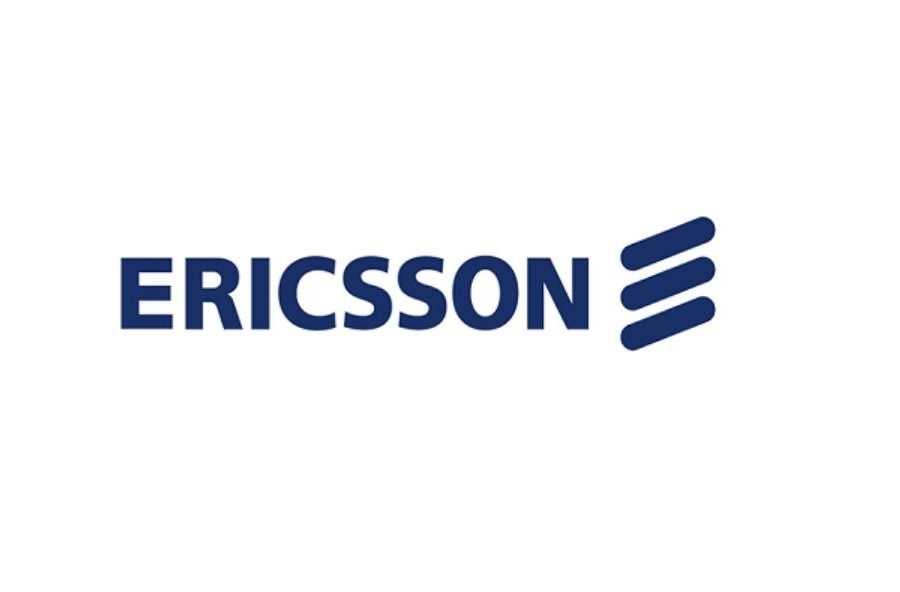Ericsson’s $6.2 billion Vonage deal has befuddled investors – no wonder
Markets have been left bemused by Ericsson’s $6.2 billion takeover of Vonage at the start of the week. The Swedish firm’s share price fell by nearly 6% on the day the deal was announced, wiping about $2.6 billion off its market capitalization. That was obviously not the immediate reaction CEO Börje Ekholm would have wanted. What does he see that investors are struggling to appreciate?
The deal marks the third significant takeover under Ekholm, Ericsson’s biggest-ever acquisition and one of its most difficult to compute. The first, for a German antenna business called Kathrein, was something of a no brainer: Ekholm was doubling down on the radio access network business and yet Ericsson lacked a strong antenna business of its own. Then came the bigger, $1 billion takeover of Cradlepoint. The logic, again, was reasonably plain. Cradlepoint sold wireless products to non-telco businesses, a market Ericsson was eyeing hungrily.
Since then, Ekholm has spoken of the need for additional takeovers to sate his appetite for this enterprise sector. “It is hard to speculate, but our ambition is to make that a very sizeable part of Ericsson in a few years’ time,” he told Light Reading in August. “It will probably require some more acquisitions, so you will see that coming as well.”
Ericsson has not been short of money to spend, either, with about $6.1 billion in net cash at the end of September. But few would have seen Vonage as a target. In the popular mindset (if it exists there at all), it is still known as one of the original pioneers of Internet telephony and a combatant in the early skirmishes over net neutrality. It has been a shapeshifter since those days, but the 5G enterprise market is not a part of its story.
Indeed, Vonage generates most of its sales today from something it calls the Vonage Communications Platform (VCP), a medley of unified communications products. It competes here against firms including 8×8, RingCentral and Zoom and hauled in about $915 million in VCP revenues last year, a 14% increase on its 2019 take. The other $333 million Vonage made in sales came from its slowly perishing consumer division.
Unified communications? Ericsson? VCP does not obviously chime with anything Ekholm and his lieutenants have been saying about the strategic priorities for a firm whose focus is 5G. Investor befuddlement is no surprise. Ericsson’s real interest, though, seems to be in a dynamic bit of the VCP business that might just have some 5G value.
API days
That bit taps into the growing demand for APIs (application programming interfaces), a market Ekholm has noticed is hot property. These APIs, essentially, are the joiners between technologies and services sold and used by different companies. “The simplest example is the SMS that companies send you for two-factor authentication,” explains James Crawshaw, a principal analyst with Omdia (a Light Reading sister company). “Twilio allows you to connect your application to all the mobile operators in the world so you don’t have to do 1,000 separate integrations.”
To read the complete article, visit Light Reading.

















